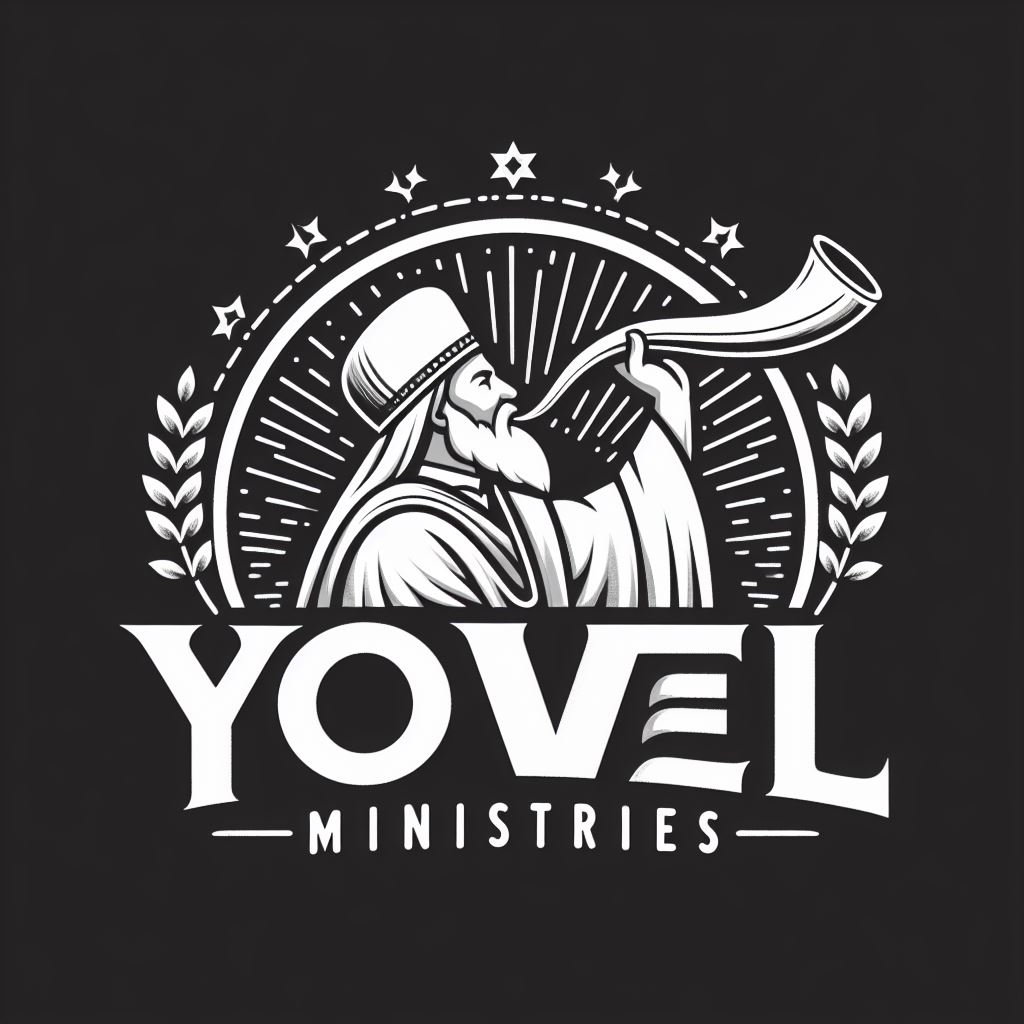The Power of Godly Parenting (Proverbs 1:8-9)
“Hear, my son, your father’s instruction, and forsake not your mother’s teaching. For they are a garland of grace for your head and a chain to adorn your neck.” — Proverbs 1:8-9 (Tree of Life Version)
Imagine a child walking through life with a crown on their head and a necklace around their neck—symbols of honor, wisdom, and protection. That’s the picture Solomon paints in Proverbs 1:8-9. These verses remind us of the irreplaceable role of parents in shaping the moral and spiritual fabric of their children. In ancient Israel, the family wasn’t just a social unit; it was the foundation for learning practical skills, understanding God’s commandments, and living a life of righteousness.
Today, this model is increasingly abandoned. Schools, governments, and other external systems have largely taken over the responsibility of moral and ethical education. While these entities can provide valuable knowledge, they can never replace the deep, God-centered guidance parents are called to provide. Let’s explore why this shift is dangerous, what we can do about it, and how we can draw from biblical examples to realign with God’s design.
The Danger of Outsourcing Moral Education
In our modern world, parents often defer their responsibility for teaching morality and discipline to external systems. Schools introduce values that may conflict with biblical principles, governments enforce laws based on shifting cultural norms, and media saturates young minds with messages of self-centeredness and instant gratification. While these institutions have a role, they lack the deeply personal, God-centered perspective that parents are uniquely equipped to provide.
This shift has consequences:
- Moral Confusion: Without a clear, Godly foundation, children grow up unsure of what is truly right and wrong.
- Example: Consider how the relativism of “live your truth” clashes with the biblical call to live by God’s truth (John 14:6).
- Erosion of Family Bonds: When parents are no longer the primary guides, the relational connection between generations weakens, leading to isolation and misunderstandings.
- Spiritual Drift: Children raised without consistent biblical instruction are less likely to develop a strong faith foundation, as evidenced in Judges 2:10: “When that entire generation had been gathered to their ancestors, another generation arose after them that did not know Adonai or the work that He had done for Israel.”
Steps to Reclaim Godly Parenting
- Teach God’s Word Daily
- In Deuteronomy 6:6-7, parents are commanded to impress God’s words upon their children, talking about them at all times. This isn’t just about formal Bible study but weaving God’s truths into everyday conversations.
- Real-Life Example: A mother explaining Proverbs 15:1 (“A gentle answer turns away wrath”) after witnessing a sibling argument.
- Lead by Example
- Proverbs 20:7 says, “The righteous one walks in integrity—blessed are his children after him.” Parents’ actions often speak louder than their words. Living out faith authentically inspires children to follow suit.
- Create a Family Culture Rooted in Faith
- Share meals, pray together, and celebrate biblical traditions like Shabbat. These practices reinforce God’s presence in the home and anchor children in their spiritual heritage.
- Metaphor: Think of these practices as planting seeds in fertile soil. Over time, they grow into a strong tree, capable of weathering life’s storms (Psalm 1:3).
- Discipline with Love and Purpose
- Discipline, when done lovingly, reflects God’s own discipline of His children (Hebrews 12:6). It’s about correction, not punishment, guiding children back onto the path of righteousness.
- Seek God’s Guidance
- Parenting is challenging, but James 1:5 promises: “If any of you lacks wisdom, let him ask of God, who gives to all without hesitation and without reproach; and it will be given to him.”
Biblical Examples of Godly Parenting
- Abraham: He commanded his household to follow God’s ways (Genesis 18:19).
- Hannah: Dedicated her son Samuel to the Lord and nurtured him in faith (1 Samuel 1:27-28).
- Lois and Eunice: Timothy’s faith was shaped by his grandmother and mother, leaving a legacy of belief and obedience (2 Timothy 1:5).
A Hebraic Perspective on Family and Moral Education
In Hebraic culture, fathers were seen as the instructors of discipline and work ethic, while mothers imparted Torah-based guidance and nurtured faith. This dual approach ensured children received a holistic education that combined practical wisdom with spiritual truths. The “garland” and “chain” in Proverbs 1:9 symbolize honor and protection—the rewards of a life shaped by Godly instruction.
Metaphorically, this guidance acts as a compass, pointing children toward true north, even in the face of life’s storms.
Call to Action
The time to reclaim Godly parenting is now. Here are practical steps:
- Evaluate Your Priorities: Are you intentionally teaching your children biblical values, or relying on external systems?
- Create a Plan: Set aside time for family devotions, prayer, and discussions about faith.
- Partner with Your Church: Churches can equip parents with resources and support, but they can’t replace the role of the family.
- Pray for Wisdom: Ask God to guide your parenting journey and give you the strength to lead well.
Conclusion
Proverbs 1:8-9 reminds us that Godly parenting isn’t optional; it’s a calling. The family is God’s chosen vehicle for passing down faith, morality, and wisdom to the next generation. While the world’s systems offer temporary solutions, only God’s truth can provide lasting direction and purpose. Let’s commit to being parents and mentors who leave a legacy of faith, teaching our children to wear the garland of grace and chain of honor that come from knowing and following the Lord.
